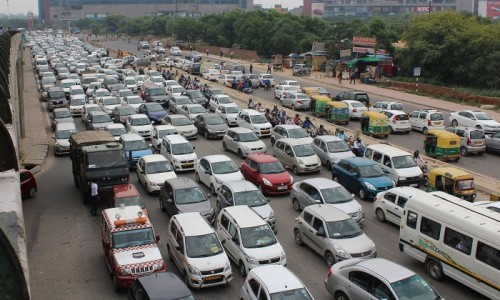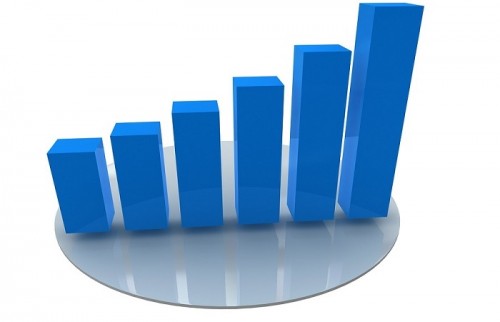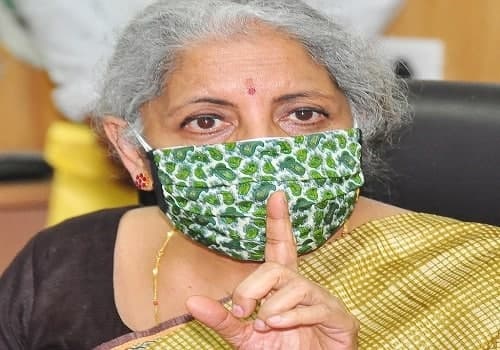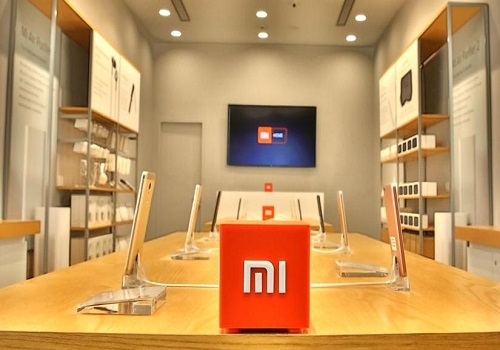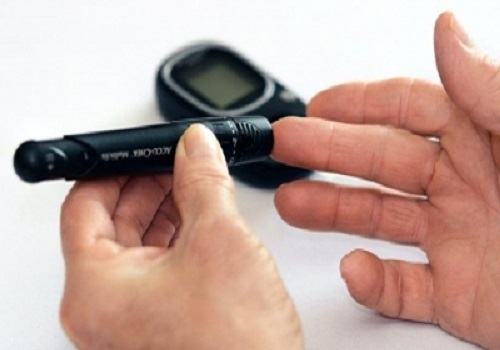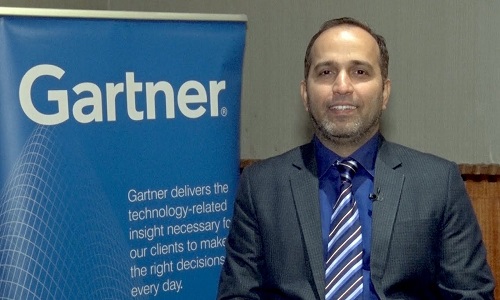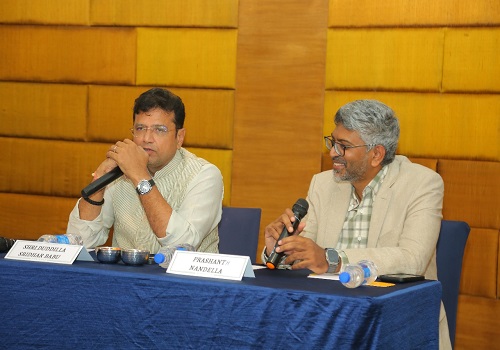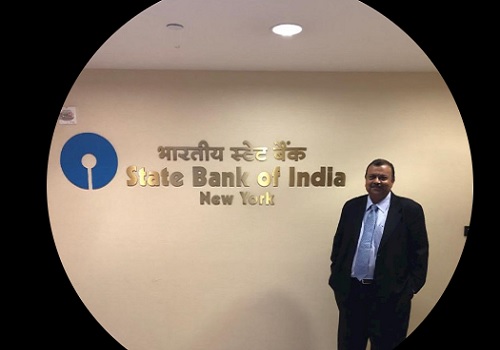Indian consumers showing reduced anxiety due to vaccine coverage
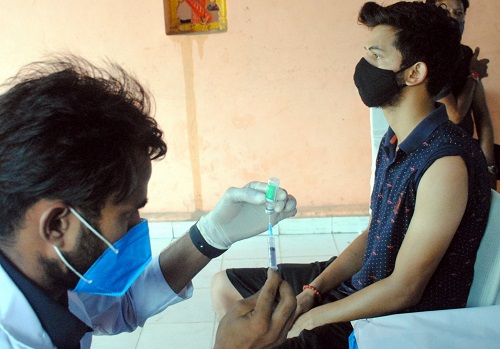
Follow us Now on Telegram ! Get daily 10 - 12 important updates on Business, Finance and Investment. Join our Telegram Channel
As the vaccination coverage increases in India, consumers are turning less anxious about Covid infection and are raising their discretionary expenditure, showed a Deloitte survey.
Deloitte Touche Tohmatsu India LLP's Global State of the Consumer Tracker indicated a 6 per cent decline in the overall anxiety levels to 39 per cent, as the number of new Covid-19 cases across the country continues to decrease.
Indian consumers have shown an intent to increase discretionary spends in anticipation of the upcoming festivities like Eid, Raksha Bandhan, Janmashtami, and Ganesh Chaturthi, said a Deloitte statement. Across age groups, there continues to be a preference to spend more on convenience.
Around 87 per cent consumers are willing to spend more as they prioritise convenience over price and 61 per cent consumers have indicated that they now feel safe visiting the stores to shop.
Further, 51 per cent of the respondents have shown willingness to attend in-person events.
However, the concerns about physical well-being prevail and 79 per cent of Indian consumers are concerned about their physical well-being and 85 per cent are concerned about the health of their family.
Deloitte's Global State of Consumer Tracker indicates that young adults are saving more (47 per cent) as compared with people above 55 years of age (43 per cent). While corporate India is still evaluating return to work policy, work-from-home has helped staff save significantly on transport and rent.
Porus Doctor, Partner and Consumer Industry leader, DTTILLP said, "Our latest survey insights indicate that the Indian consumer is showing signs of reduced anxiety and is open to looking at increasing discretionary spends.
"Only 20 per cent of Indian consumers are concerned about returning to their workplace; but 65 per cent are concerned about losing their jobs. Travel sentiments are showing positive trends; those consumers in the age group above 35 have shown interest to travel for leisure in the next three months and 58 per cent of consumers have indicated they are comfortable staying at a hotel."












 320-x-100_uti_gold.jpg" alt="Advertisement">
320-x-100_uti_gold.jpg" alt="Advertisement">

